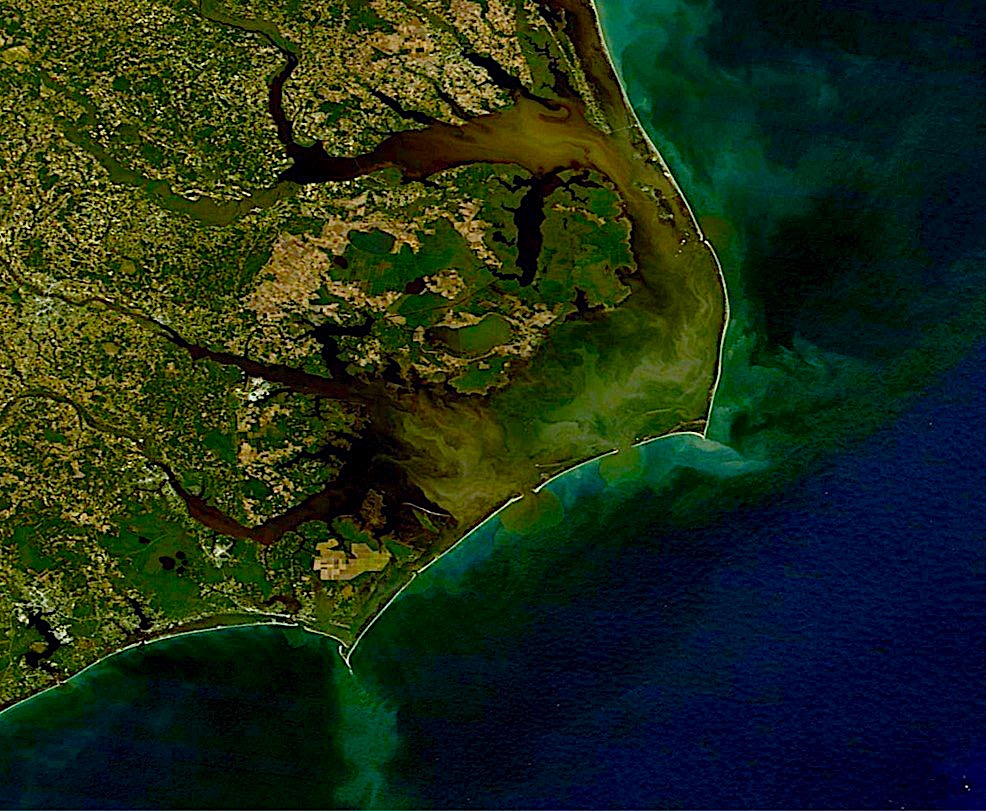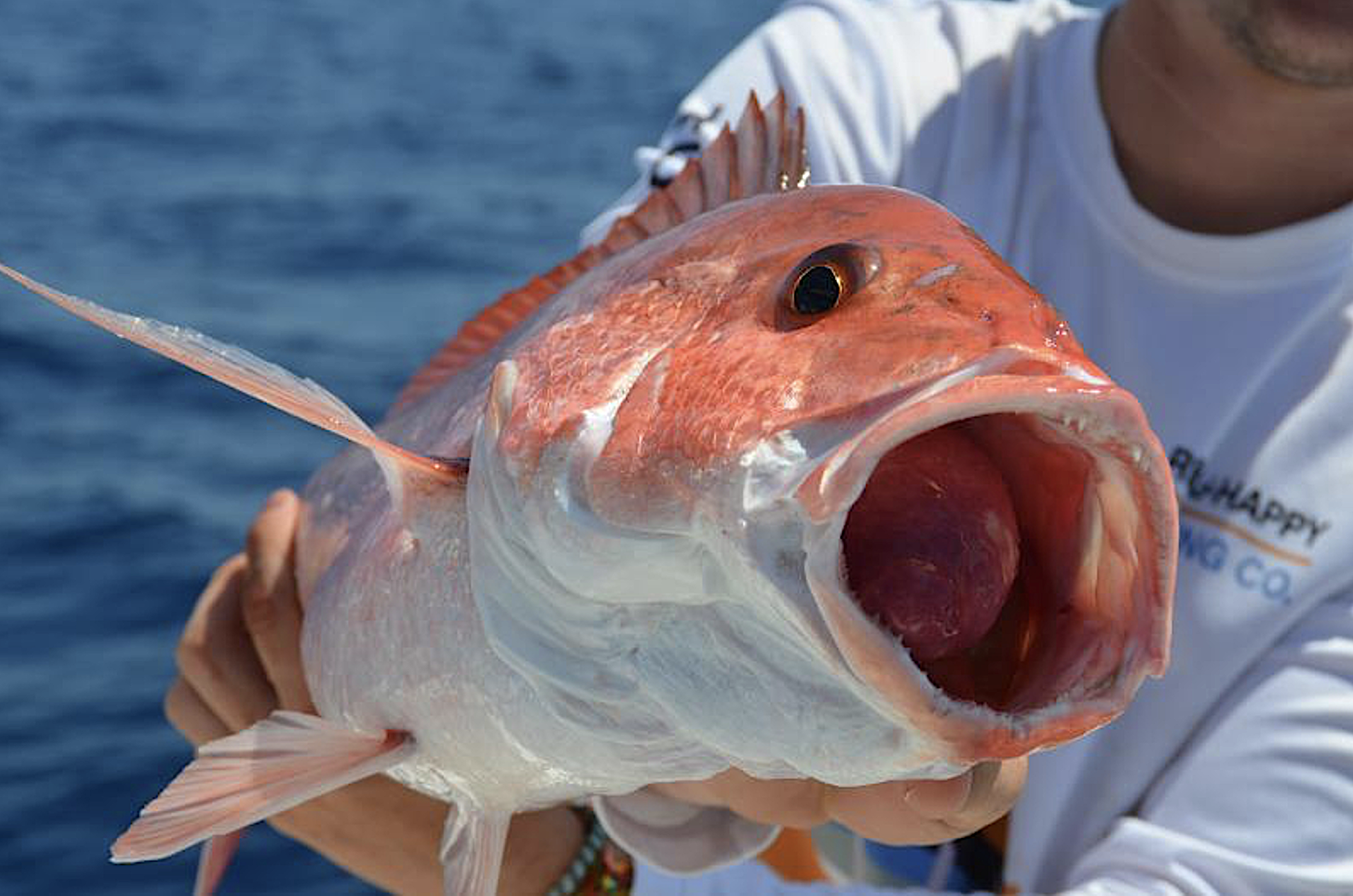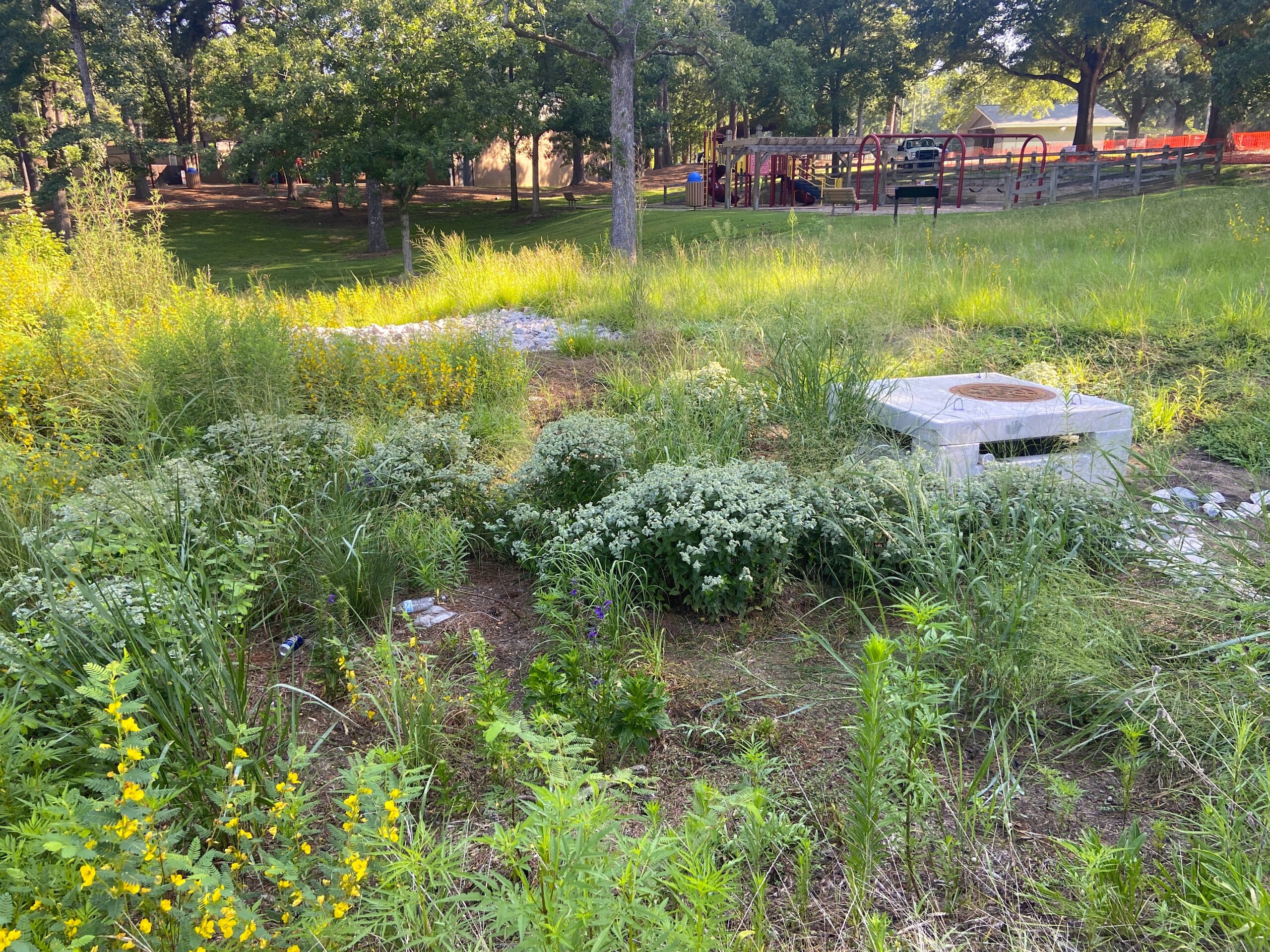It’s a three-hour drive to Morehead City from Raleigh. But travel time seems to shrink thanks to a lively exchange between Walter Clark and Joseph Kalo. Their topics flow easily from current events to current best sellers.
A CNN science report on the possible “drowning” of the Gulf Stream by polar cap melt. Collapse, a Jared Diamond book that attributes the fall of some great civilations to common factors — environmental damage, climate change, rapid population growth and unwise political choices. And Prodigal Summer, a Barbara Kingslover novel whose characters realize their connectedness to each other and to nature — and that humans are only one part of life on earth.
Clark and Kalo see a common denominator between fact and fiction — remedies to environmental problems can be found in individual choices, as well as broader policy decisions.
They are no strangers to the environmental policy decisionmaking process. Clark is North Carolina Sea Grant’s coastal and ocean policy specialist. Kalo is UNC Law School’s Graham Kenan Professor of Law, who concentrates on environmental, coastal and ocean law. For more than two decades, they have collaborated on a variety of coastal issues — from offshore energy exploration to ocean beach nourishment.
Now, the new North Carolina Coastal Resources Law, Planning and Policy Center will formalize and broaden their alliance. A collaboration of North Carolina Sea Grant, UNC School of Law and UNC Coastal Studies Institute (CSI), the center will focus a legal lens on coastal and ocean resource issues.
Clark and Kalo are sharing the center’s helm: Kalo as co-director for research and legal education, and Clark as co-director for outreach and education. They see the center as a conduit for identifying and researching issues and delivering information to local and state governments, businesses, nongovernmental agencies and citizens.
Nancy White, CSI director, serves as liaison to identify research needs of coastal communities and, in turn, link them to the center’s research resources.
“The center is a natural marriage of expertise,” says Clark. “We combine the research capabilities of the law school and the university with Sea Grant’s well-established outreach network.”
“With the intensity of coastal development, a number of issues — both legal and scientific in nature — are coming to the forefront,” Kalo observes.
And as more people crowd onto the coast, more legal and policy information will be seeded, Clark adds. “Issues will become more profound — and new issues will arise.”
A PILOT PROJECT
It’s one such emerging issue — the proliferation of multislip boat-docking facilities — that has Clark and Kalo heading for Morehead City. They’ll meet with an advisory committee they have assembled to examine North Carolina’s marina policy and its long-term implications for water quality.
Funded by the N.C. Division of Water Quality, the new center’s first project provides an opportunity for third-year law student Lauren Pogue to use her legal skills to investigate coastal and ocean issues.
Pogue is conducting the background research to lay the foundation for a “white paper” that will outline a set of recommendations to improve marina management and protect water quality.
“It’s interesting to be researching a topic with real-world applications,” says Pogue. “We have just begun to scratch the surface, and I look forward to continuing on the project… You can see how its outcome can make a difference.”
Student involvement with the center has many benefits. For one, the experience is sparking Pogue’s interest in coastal policy and public service as a career path. The Mount Tabor native is contemplating pursuing the National Sea Grant-sponsored Dean John A. Knauss Fellowship. Selected students spend a year in the nation’s capital learning about federal policy-making processes.
Also, working as part of a committee of professionals from a number of state and federal agencies, Pogue is learning first-hand that it’s impossible to do research on legal issues in isolation — and that sound science is the foundation of law and policy.
For any environmental law or policy, the test is simple: Is it reasonable, is it defensible?
CONVERGING CURRENTS
The launch of the North Carolina Coastal Resources Law, Planning and Policy Center comes at a critical time for the state and the nation, Clark says.
Financial support from the North Carolina Sea Grant program coincides with the National Sea Grant’s demonstrated interest in social science and law with the establishment of the National Sea Grant Law Center, headquartered at Mississippi-Alabama Sea Grant.
In addition, the Sea Grant Network has launched two new initiatives focusing on coastal communities and the urban coast.
The center’s birth also coincides with the U.S. Commission on Ocean Policy challenge to states — and the nation — to develop science-based solutions for sustainable coastal and ocean resources.
And, many of the state’s coastal communities are facing complex legal, policy and planning issues that accompany development pressure.
“For North Carolina, the Coastal Area Management Act has been a management tool since 1974. Now there are new issues. It’s time to address these new problems with innovative solutions,” says Clark.
The center is all about public service, Clark and Kalo say. They envision the center as a catalyst:
- In developing a Southeastern Ocean Policy Report. This entails conducting a comprehensive analysis of North Carolina’s — and other southeastern states’ — existing ocean policy structure and identifying needs and priorities in ocean management from an ecosystem approach;
- In collaborating with the Coastal States Organization, NOAA’s Coastal Services Center and the Rhode Island Sea Grant Program to conduct a state-by-state analysis of law and regulations related to the ownership, sale and leasing options of state-owned submerged lands; and
- In researching and assessing the potential for water-use planning for North Carolina’s estuarine waters, linking water-use planning with adjacent land-use planning to encourage appropriate resource conservation and economic development. In other words: to protect traditional uses of coastal waters while accommodating new uses.
Clark and Kalo won’t be alone in setting an agenda and direction for the center. They will name a board of advisors drawn from coastal and ocean law, planning and policy professionals in coastal communities, state government, the academic community and public interest organizations.
VEHICLES FOR INFORMATION
Doing good research is not enough, say the center’s co-directors. Getting the information into the public domain is essential — and they plan to utilize several avenues for delivering the research:
- The publication of scholarly articles on coastal and ocean law, planning and policy in professional journals;
- The publication of Legal Tides, a quarterly newsletter for lawyers, public officials and interested citizens to address contemporary coastal issues;
- The continuation of Legal Tides as an occasional feature in Sea Grant’s Coastwatch magazine to reach a broader audience;
- Sponsorship of continuing legal education programs for lawyers and other professionals whose practices involve coastal and ocean issues;
- Sponsorship of conferences;
- Outreach to coastal communities and organizations with research assistance; and
- The development of course materials to enhance the educational experiences of students.
“We see the center as doing what universities should be doing: listening to the people we serve, searching for solutions, and providing public service,” Kalo says.
“There is an opportunity to build the center into a nationally recognized research and outreach program in coastal and ocean law, planning and policy,” Clark concludes. “We have a great coalition of organizations to make it happen.”
To request a copy of the Legal Tides newsletter, send an e-mail to walter_clark@ncsu.edu, or call 919/515-9101.
This article was published in the High Season 2005 issue of Coastwatch.
For contact information and reprint requests, visit ncseagrant.ncsu.edu/coastwatch/contact/.
- Categories:



